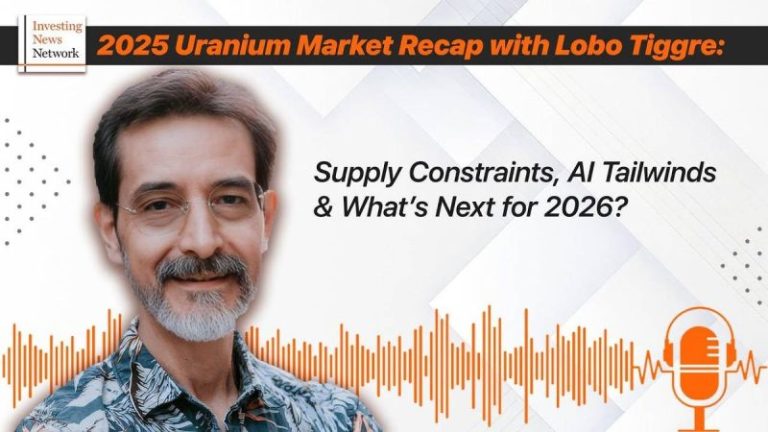CEO Investment Is a continuing sign of commitment and alignment with shareholders as he already is the largest shareholder and owns 32mill shares
TORONTO, ON / ACCESS Newswire / December 23, 2025 / Nextech3D.ai (CSE:NTAR,OTC:NEXCF)(OTCQX:NEXCF)(FSE:1SS), an AI-first event technology and digital engagement company, is pleased to provide shareholders with an update on its previously announced acquisition of Krafty Labs, a revenue generating AI-driven event engagement and experiential technology company serving global enterprise customers.
Krafty Labs Acquisition Update
The Company is pleased to confirm that the due diligence process has been successfully completed, and the acquisition of Krafty Labs is scheduled to close on January 2, 2026, subject to customary closing conditions including CSE approval.
Krafty Labs brings a highly attractive blue-chip customer base, along with approximately $1.2 million in year-to-date 2025 revenue and gross margins of 72%. Management believes this acquisition meaningfully enhances Nextech3D.ai’s AI-first event platform and expands its reach into higher-value enterprise and association customers.
CEO Convertible Note Investment Demonstrates Strong Alignment
In connection with the Company’s continued execution and growth strategy, Evan Gappelberg, Chief Executive Officer of Nextech3D.ai, has committed to invest $321,917 directly into the Company through an 18-month convertible note bearing 12% annual interest.
Key terms of the CEO investment include:
-
Term: 18 months
-
Conversion Option: At the CEO’s sole discretion, the note may be converted into 2,299,412 common shares at a fixed conversion price of $0.14 per share
-
Warrants Issued: As compensation, the CEO will receive 2,299,412 common share purchase warrants
-
Warrant Terms:
-
Exercise Price: $0.165 per share
-
Term: 3 years
-
Mr. Gappelberg will continue to be the Company’s largest shareholder, currently owning 32,757,017 common shares, further reinforcing strong alignment between management and shareholders.
The transaction constitutes a related party transaction under Multilateral Instrument 61-101 – Protection of Minority Security Holders in Special Transactions. The Company is relying on exemptions from the formal valuation and minority shareholder approval requirements of MI 61-101 on the basis that the transaction does not exceed 25% of the Company’s market capitalization. The transaction is subject to approval of the Canadian Securities Exchange (CSE).
Management believes this insider investment reflects confidence in Nextech3D.ai’s strategy, execution, and long-term growth prospects.
Strengthening an AI-First Event Platform
The combination of Krafty Labs’ enterprise-grade engagement capabilities with Nextech3D.ai’s existing event technology stack is expected to drive increased average contract values, deeper customer relationships, and enhanced monetization opportunities across in-person, virtual, and hybrid events.
Evan Gappelberg, CEO of Nextech3D.ai comments ‘We believe the acquisition of Krafty Labs, combined with my personal investment in the Company, represents a strong vote of confidence in Nextech3D.ai’s direction and execution,’ He continues ‘With due diligence complete and a closing date set, we are focused on integrating Krafty Labs and accelerating growth while continuing to build long-term shareholder value.’
Looking Ahead
With the Krafty Labs acquisition set to close on January 2, 2026, Nextech3D.ai continues to advance its strategy of building a comprehensive, AI-powered event technology platform through disciplined acquisitions, organic growth, and aligned insider investment.
About Nextech3D.ai
Nextech3D.ai is an AI-powered technology company specializing in 3D asset generation, spatial computing, and comprehensive AI Event Solutions for virtual, hybrid, and in-person experiences. Through Map Dynamics, Eventdex, and Krafty Labs, Nextech3D.ai delivers a unified global platform for Google, Microsoft, Netflix, Oracle, Yelp, ZoomInfo, Spotify, Meta conferences, expos, corporate activations, learning programs, and enterprise engagement.
Website: www.Nextech3D.ai
Investor Relations: investors@nextechar.com
For further information, please visit: www.Nextech3D.ai.
Investor Relations: investors@nextechar.com
For more information, visit Nextech3D.ai.
Sign up for Investor News and Info – Click Here
Evan Gappelberg /CEO and Director
866-ARITIZE (274-8493)
Forward-Looking Statements
This news release contains ‘forward-looking statements’ within the meaning of applicable securities laws, including statements regarding the proposed acquisition of Krafty Labs, the anticipated timing and consideration, expected benefits and synergies, product integrations, and growth opportunities. Forward-looking statements are based on assumptions and are subject to risks and uncertainties that could cause actual results to differ materially. There can be no assurance that the proposed transaction will be completed as anticipated or at all. Nextech3D.ai disclaims any obligation to update forward-looking statements except as required by law.
Forward-looking Statements The CSE has not reviewed and does not accept responsibility for the adequacy or accuracy of this release. Certain information contained herein may constitute ‘forward-looking information’ under Canadian securities legislation. Generally, forward-looking information can be identified by the use of forward-looking terminology such as, ‘will be’ or variations of such words and phrases or statements that certain actions, events or results ‘will’ occur. Forward-looking statements regarding the completion of the transaction are subject to known and unknown risks, uncertainties and other factors. There can be no assurance that such statements will prove to be accurate, as future events could differ materially from those anticipated in such statements. Accordingly, readers should not place undue reliance on forward-looking statements and forward-looking information. Nextech will not update any forward-looking statements or forward-looking information that are incorporated by reference herein, except as required by applicable securities laws.
SOURCE: Nextech3D.ai
View the original press release on ACCESS Newswire
News Provided by ACCESS Newswire via QuoteMedia










